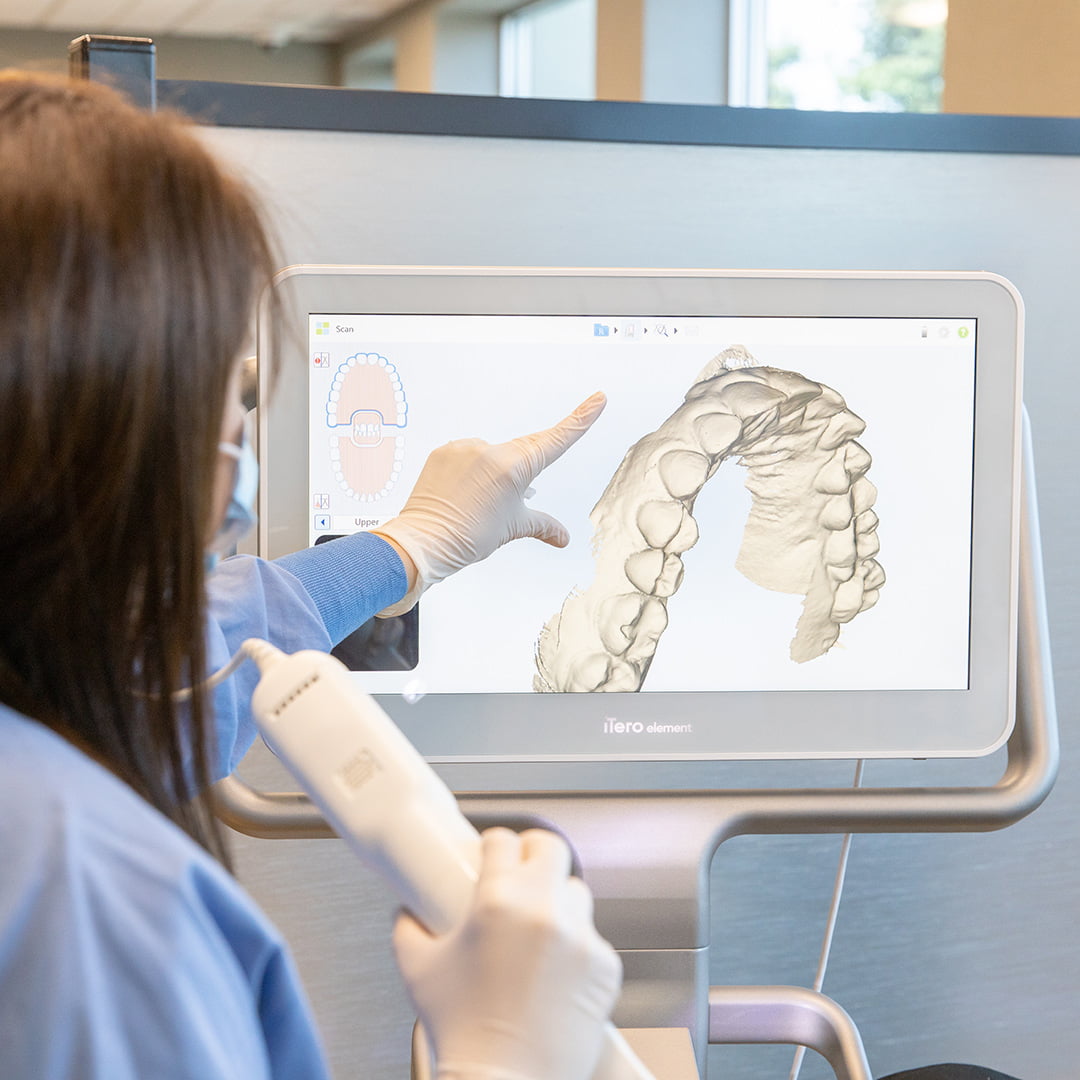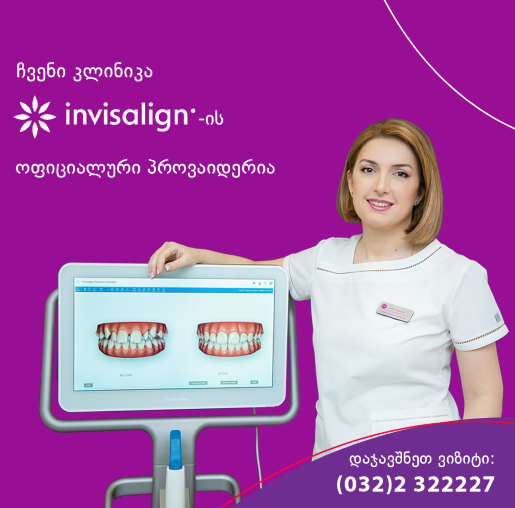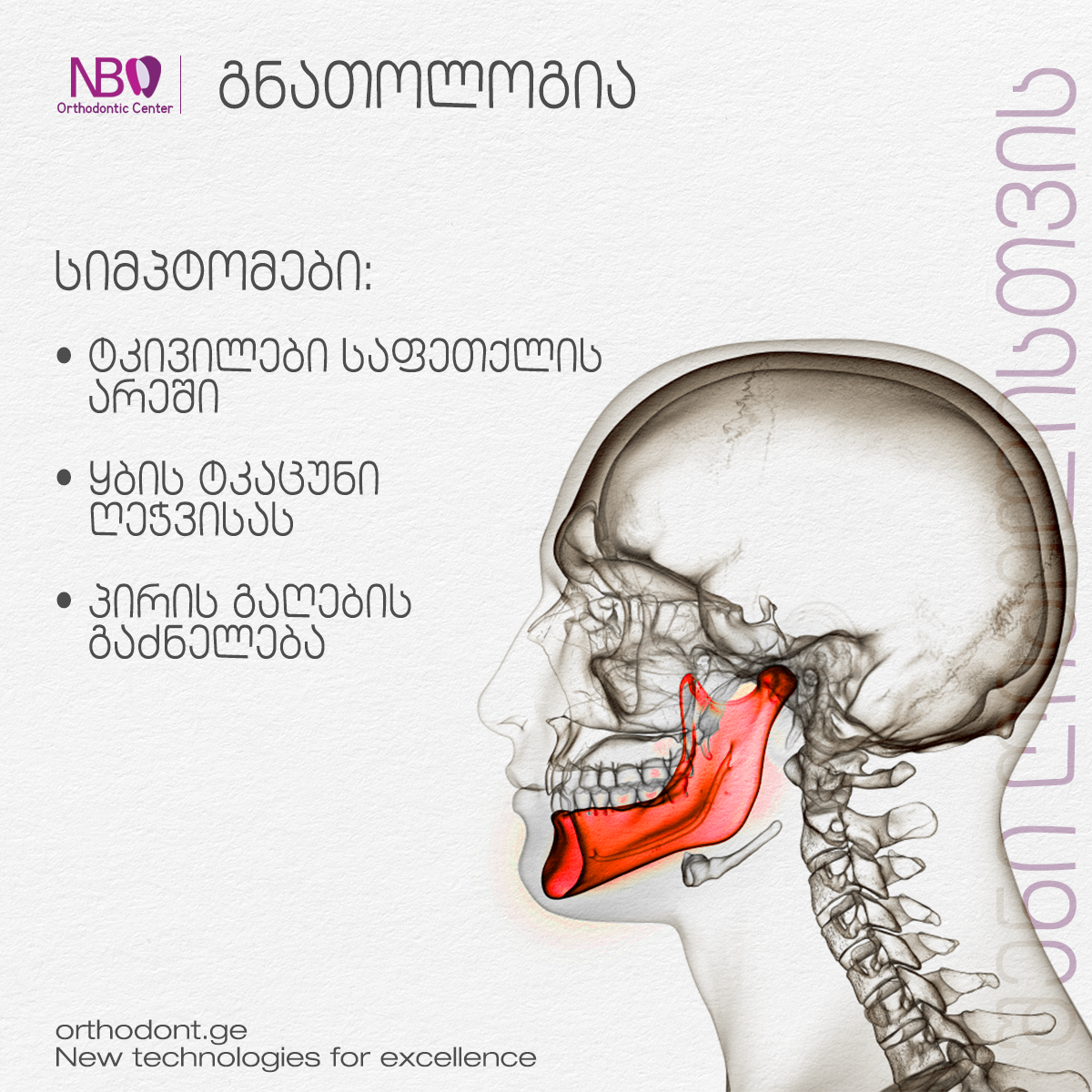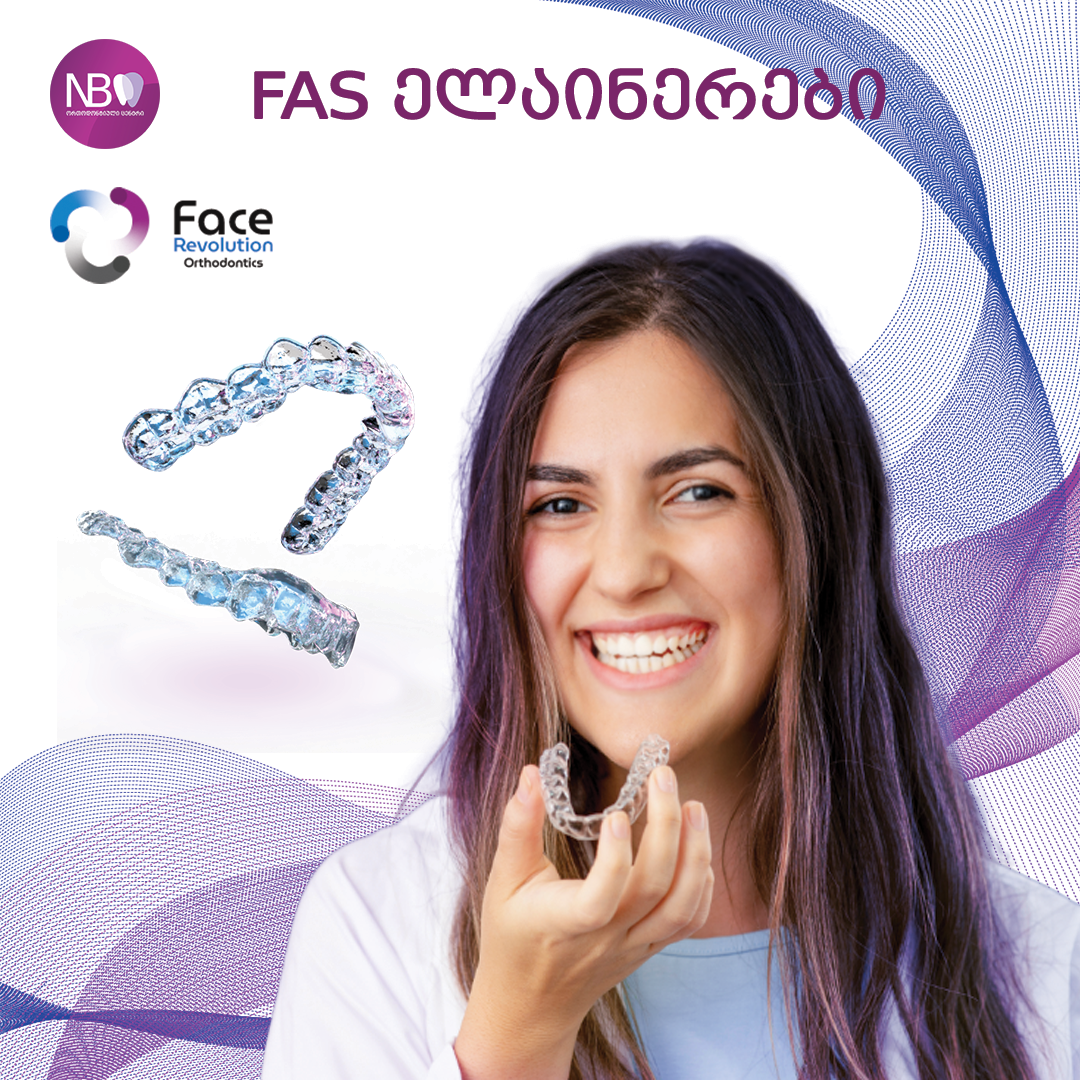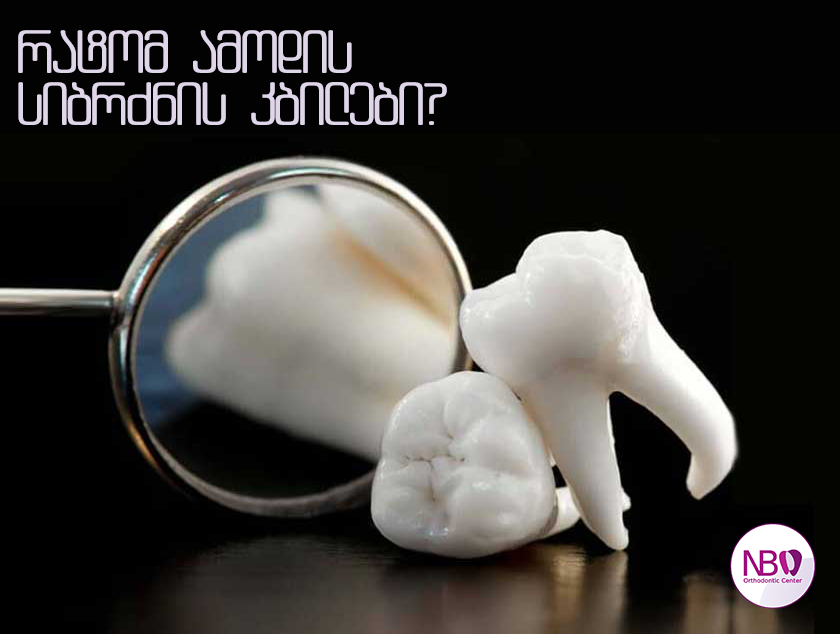Treatment of the oral cavity during pregnancy
Oral care is very important for everyone, however, for pregnant women it is doubly important. The hormonal changes taking place in a woman's body may have a negative effect on the teeth, which also poses a threat to the health of the fetus.
There is a myth that a visit to the dentist is dangerous for a pregnant patient. Conversely, it is necessary for pregnant women to visit a doctor, but there are several aspects to consider:
- Visiting time - It is advisable for a pregnant woman to refrain from dental interventions in the first and third trimesters. The best time to visit a doctor is the second trimester.
- Simple procedures - for example, hygienic cleaning, scrubbing, and placement of orthopedic crowns - are procedures that are safe for both mother and fetus.
- X-rays are not desirable, if they are unavoidable, they should be done digitally with a radiation level reduced by 90%.
- Teeth and Toxicity - Toxicity characteristic of the first trimester. This is one of the main causes of damage to tooth enamel and caries. For prevention, it is necessary to brush your teeth and rinse your mouth within an hour after vomiting. You can also use non-alcoholic, fluoride-containing baths, as it neutralizes the acidic environment in the oral cavity and fights caries-causing bacteria.
- Food - During pregnancy, the mother's body suffers from a lack of a number of vitamins and substances. All this has a negative effect on tooth enamel, so it is necessary for the mother's diet to be enriched with calcium, fluoride, other trace elements, minerals, and vitamins A, C, and D. Get dairy products, spinach, cabbage and fish.
The advice of qualified doctors around the world is as follows: Treating teeth during pregnancy is not only possible but also necessary!
As is well known, pregnancy is a natural physiological process that should not adversely affect the body.
Unfortunately, for a variety of reasons, often, the condition of the teeth deteriorates. Risk factors for oral diseases during pregnancy include changes in the hormonal background, metabolic disorders, and decreased immune function.
Pregnancy is a very important moment in a woman's life.
The baby's major organs and systems are formed in the second month of pregnancy. The basis of the child's health is the absence of chronic infections in the mother, including the jaw-tooth system.
Oral sanitation allows teeth to be kept in perfect condition from an early stage of pregnancy.
What problems can a future mother face?
Hormonal changes during pregnancy can cause gingivitis. Gingivitis is an inflammation of the gums caused by bacteria in the gums. Signs of gingivitis increase at the end of pregnancy. Thorough protection of oral hygiene reduces the risk of developing the disease. For the treatment of gingivitis, we use professional dental hygiene and anti-inflammatory therapy. In the absence of inadequate treatment, gingivitis can develop into more serious inflammation - periodontitis, periodontitis, and subsequent tooth loss.
Periodontitis - is a very common inflammatory disease, which is accompanied by disruption of the gingival junction and the formation of periodontal pockets.
The cause of the development and aggravation of the disease during pregnancy is a violation of blood circulation and impaired immunity.
In addition, the body suffers from a lack of vitamins, which decreases in the elasticity of blood vessels, loss of calcium, and loss of bone tissue. According to science, periodontitis causes more complications during pregnancy than alcohol and nicotine.
Increased bleeding from the gums is one of the most common symptoms of pregnancy. As with other dental diseases, calcium deficiency is responsible, especially in the second half of pregnancy. During this period, calcium and phosphorus accumulate to form the bones and teeth of the fetus.
The consequences of caries formation during pregnancy are especially difficult. Calcium deficiency, activation of microbes against the background of reduced immunity, changes in the composition of saliva, all of which cause caries. It is especially alarming if this problem develops in the first or third trimester when the risk of complications is high and medication consumption is limited.
Which dental manipulations to do and what not to do during pregnancy:
Anesthesia in modern dental clinics can be selected for two purposes: for effective suppression and for fetal safety.
Digital X-ray machines operate accurately, directed, and locally (2-3 cm in diameter), radiation is minimal, and the lead protective plate is 100% protected.
What dental manipulations can be performed during pregnancy:
- Caries treatment;
- Periodontal treatment;
- Tooth extraction;
- Treatment of inflammatory processes in the teeth and gums;
- Installing braces.
Dental manipulations that are not worth performing during pregnancy:
- Prosthetics;
- Implantation;
- Getting rid of stones;
Dental manipulations that can not be performed during pregnancy:
- Do not use arsenic-containing preparations;
- Anesthesia should be used only purposefully;
- Do not whiten teeth;
Do not be nervous, it is advisable to consult a familiar and trusted dentist .;
This information is provided to remind you once again how important it is to consult a dentist in a timely manner and take all preventive measures, eliminate existing problems, and get oral care tips to avoid future problems during pregnancy.
Another reason for timely treatment is that after childbirth mothers have no time left for treatment. And if you still need to treat or remove a tooth, our clinic is ready to provide you with qualified help, using all available drugs or materials, which are specially designed for pregnant women. Remember that the risk of complications in treatment is less than in its absence.
Lastly, what we want to focus on for expectant mothers is that your visit to the dentist should not be limited to just treating your mouth and hygiene. Even before the baby is born, it is important to know how to take care of your future baby's breast and permanent teeth. It is also advisable for the expectant mother to be informed of all available preventive measures such as fluoridation, fissure sealing, etc.
Braces and Pregnancy:
Braces and Pregnancy are absolutely compatible. Expectant mothers have a lot of free time during pregnancy. If you were expecting a 9-month "light" period, would you devote time to your teeth?
For this, it is necessary to go through a preparatory period, which includes: brushing the teeth, if necessary, and removing the teeth. It is better to put on braces before pregnancy. Tooth extraction and treatment are not worth it for a long period of pregnancy. It is also better to get used to braces before pregnancy. Once you get used to it, it becomes easier to wear them during pregnancy and you will already be able to smile at your child with beautiful and straight teeth.
The use of braces requires double attention to oral hygiene. At such times, it is best to brush your teeth after each meal, using special calcareous and other toothpaste. Be sure to check for caries at each visit to the orthodontist.
Take care of your oral hygiene to keep your little one healthy while you maintain an eye-catching smile even after pregnancy!
